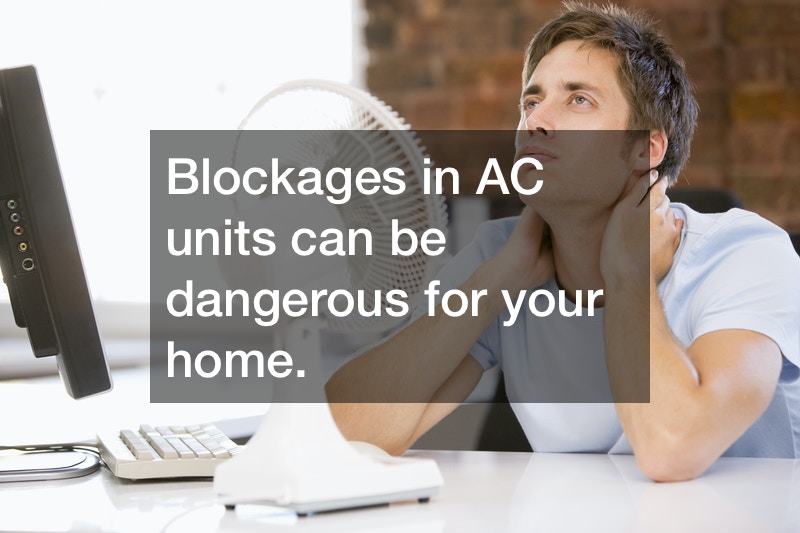

Updated 6/17/22.
At some point in their lives, every homeowner has had to repair or install a component on their home since it helps in saving money when you carry out the minor repairs yourself. However, HVAC repairs and installations are different, as they require specialized tools and skilled personnel to complete such tasks.
If air conditioners are not properly installed in a cool, dry place, they tend to absorb moisture and dust. As a result, some types of central heat and air units will have high power consumption, thus costing you more in electricity bills. Other units may have a blockage in the air filters, posing a risk to your breathing system due to partial air conditioning.
To avoid such inconveniences, you must contact a certified HVAC technician for all of your systems issues, from installing a new heating and cooling unit to repairing the current one. It will help you relax knowing that you’re working with a professional who can diagnose and fix any issues your HVAC system may have. Therefore, always research about HVAC technician before hiring to ensure they are licensed and qualified.
Look to your HVAC system and ask yourself when was the last time it was cleaned? If it was more than five years ago, it is due for a cleaning to keep it at maximum efficiency in the department of cooling and heating. If it has been longer than that, does it matter? Yes. You would be surprised the problems that could escalate simply by foregoing the price of air duct cleaning services. The benefits of having your HVAC system cleaned goes further than just a cheaper energy bill.
What Is HVAC?
HVAC is another acronym in the sea of acronyms that stands for Heating, Ventilation, and Air Conditioning. If your home resides in America and has a ducted heating and cooling system, like 90 percent of new homes do, then you have HVAC system. This also goes for air conditioners, obviously, water heaters or any kind of ventilated fans; if it heats or cools your home, then it falls under HVAC systems.
What Are The Dangers Of Inaction?
Any invention that involves mechanical parts are always susceptible to collecting dust and debris, some more than others. Air conditioners have a habit of collecting water if they are not installed in windows right. While some HVAC systems will just work harder and give you a bigger energy bill, others can cause serious harm, bodily harm, to you. In fact, 25 to 40 percent of your home’s energy used on heating and cooling goes right out the window, figuratively speaking. Part of that wasted energy is due to the build up in HVAC systems, according to the United States Department of Energy.
Dust, for example, is a symptom of the systems. They are light enough that they get recirculated several times a day, five to seven times to be specific, through HVAC systems. You might be thinking that a bit of dust never hurt anyone, but consider this: dander, dust and chemicals are known as contaminants and air pollutants, and the are light enough to get pulled in, too. They get a free right alongside the dust. Not only does is harm your health, but causes major buildup within the HVAC system, this in turn causes the system to work harder while billing you more. You are, essentially, paying a HVAC system to make you sick by leaving it to circulate dirty air.
This causes further havoc on individuals suffering from asthma or allergies. In fact, Americans every day are exposed to dust mites and pet dander, according to the Asthma and Allergy Foundation of America, at the rate of 80 percent and 60 percent, respectively.
And as if things could not get worse, the leading cause of house fires, 34 percent, comes from dryers not being properly cleaned. Dust and electrical components do not mix.
HVAC Cleaning: Certified by NADCA
Making the decision to have an individual clean your HVAC system might seem daunting. What do you look for? The best way to start is by looking for companies that are certified by NADCA, which is another fancy acronym for National Air Duct Cleaners Association.
A company that is certified by NADCA is, well, certified to do the job. But that is not all. Your next step is to find a company that checks all the required criteria. Are they certified by NADCA? Do not be afraid to see verification of the certification from NADCA. What is their experience like? Are they in good standing with NADCA? And of course, getting references from neighbors that may have used the company is never a bad idea.
